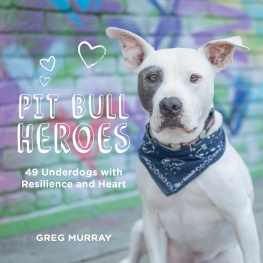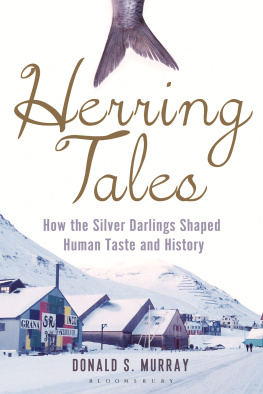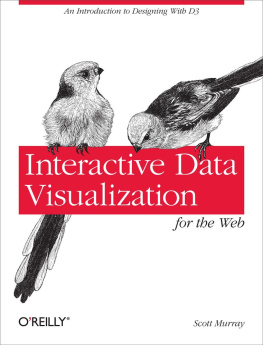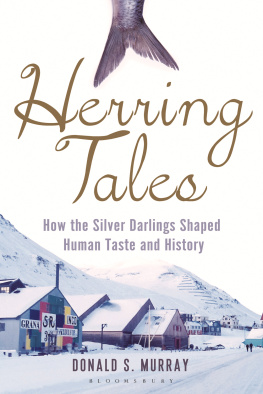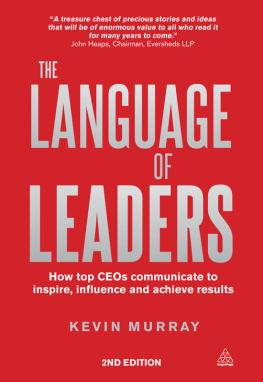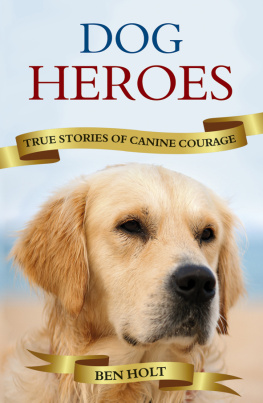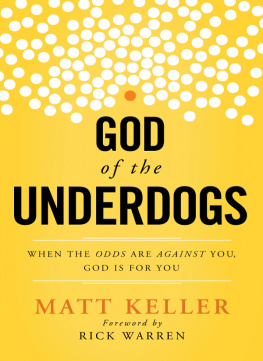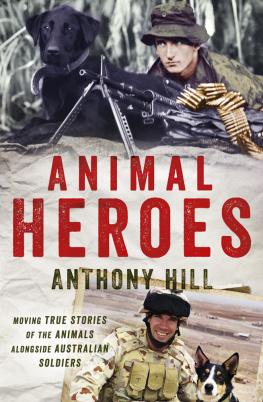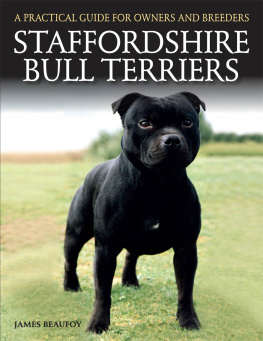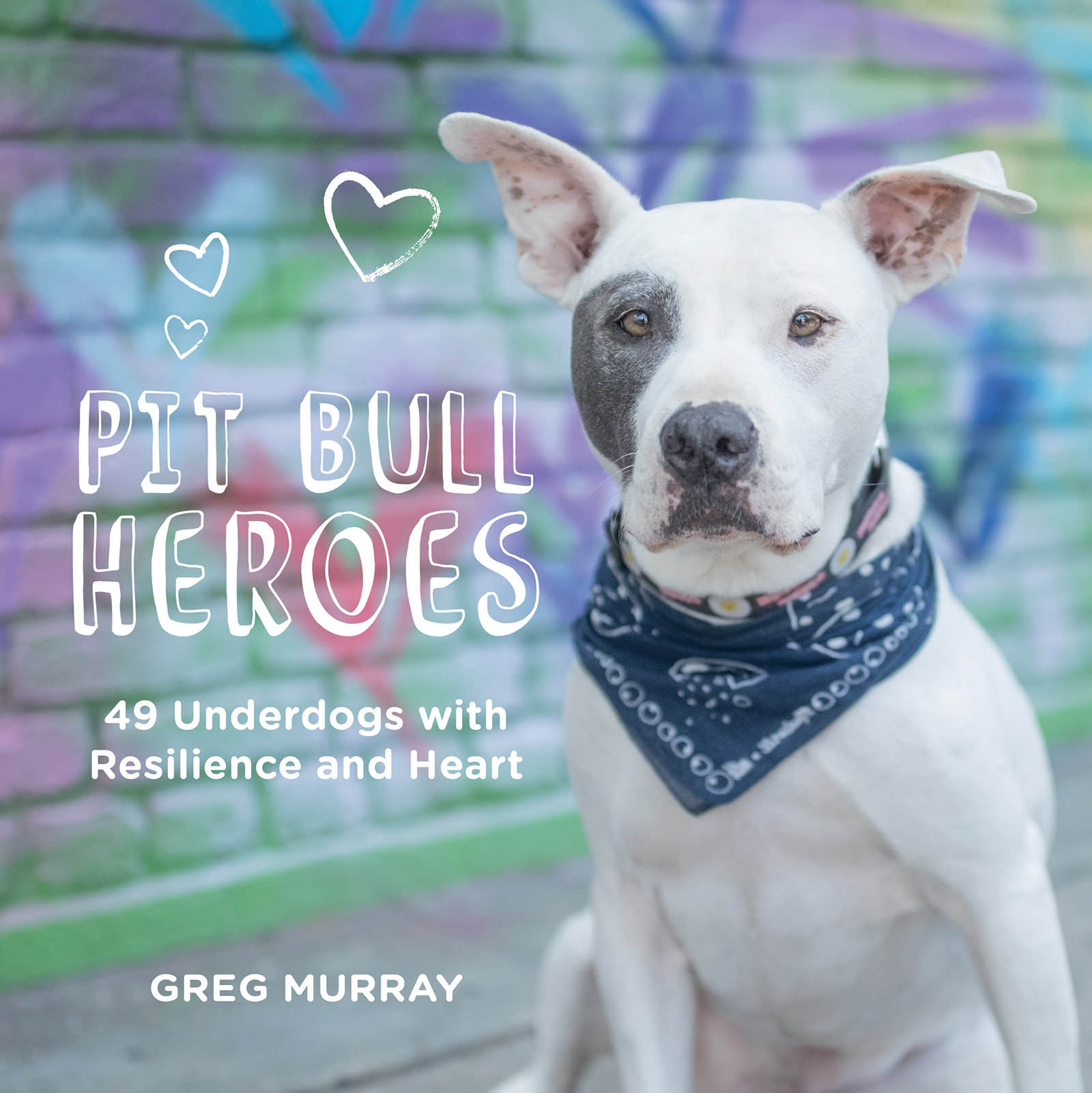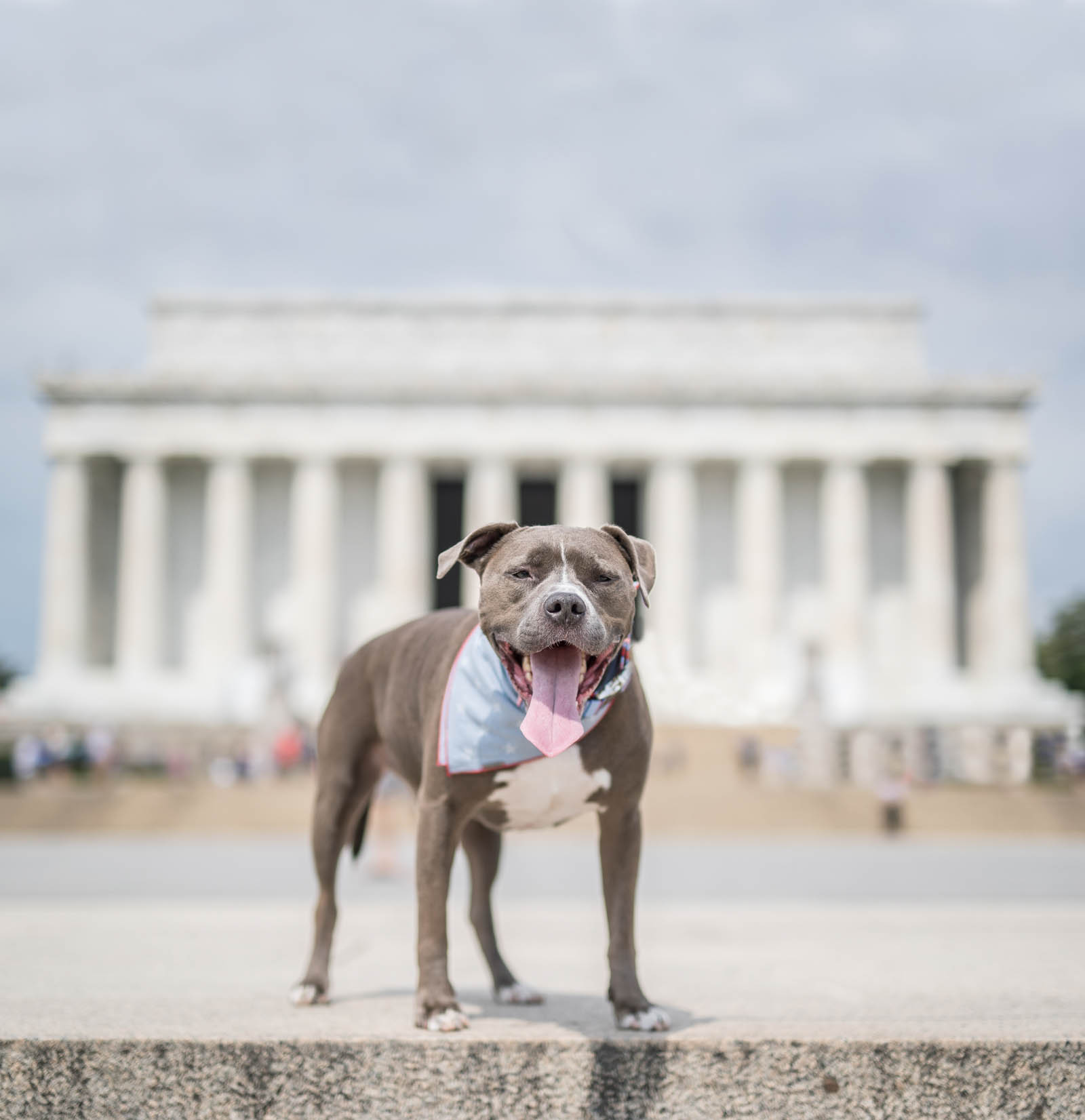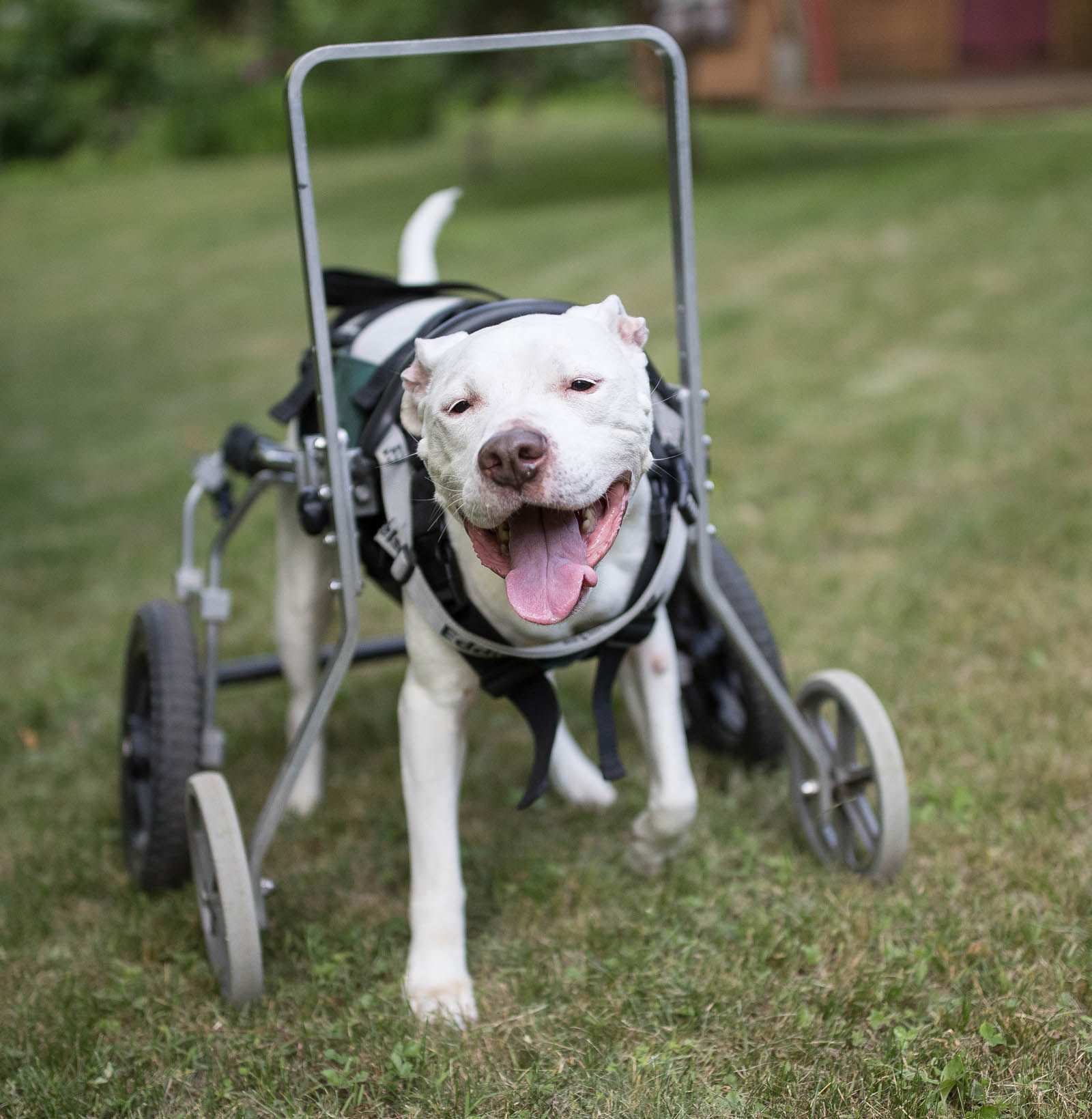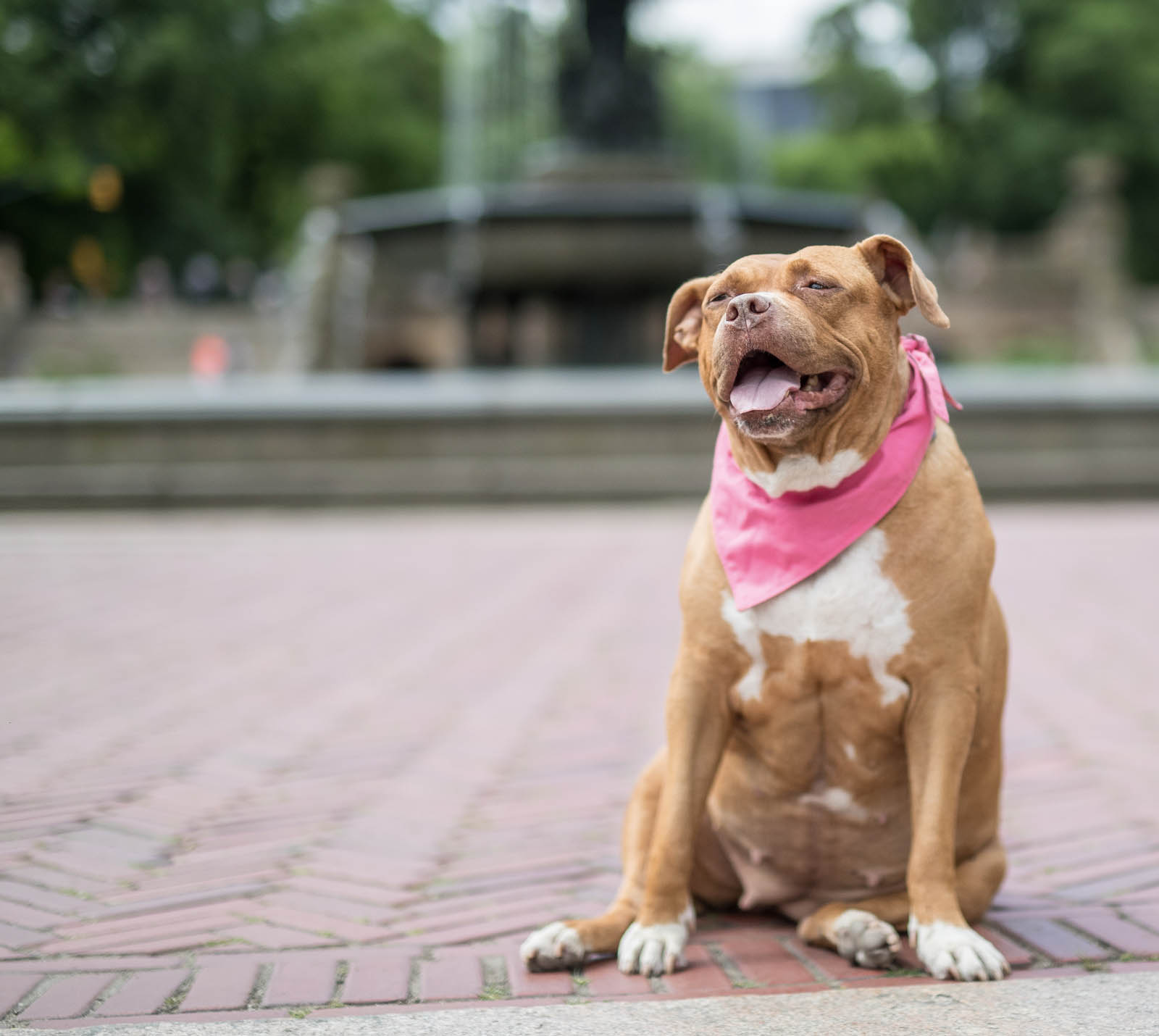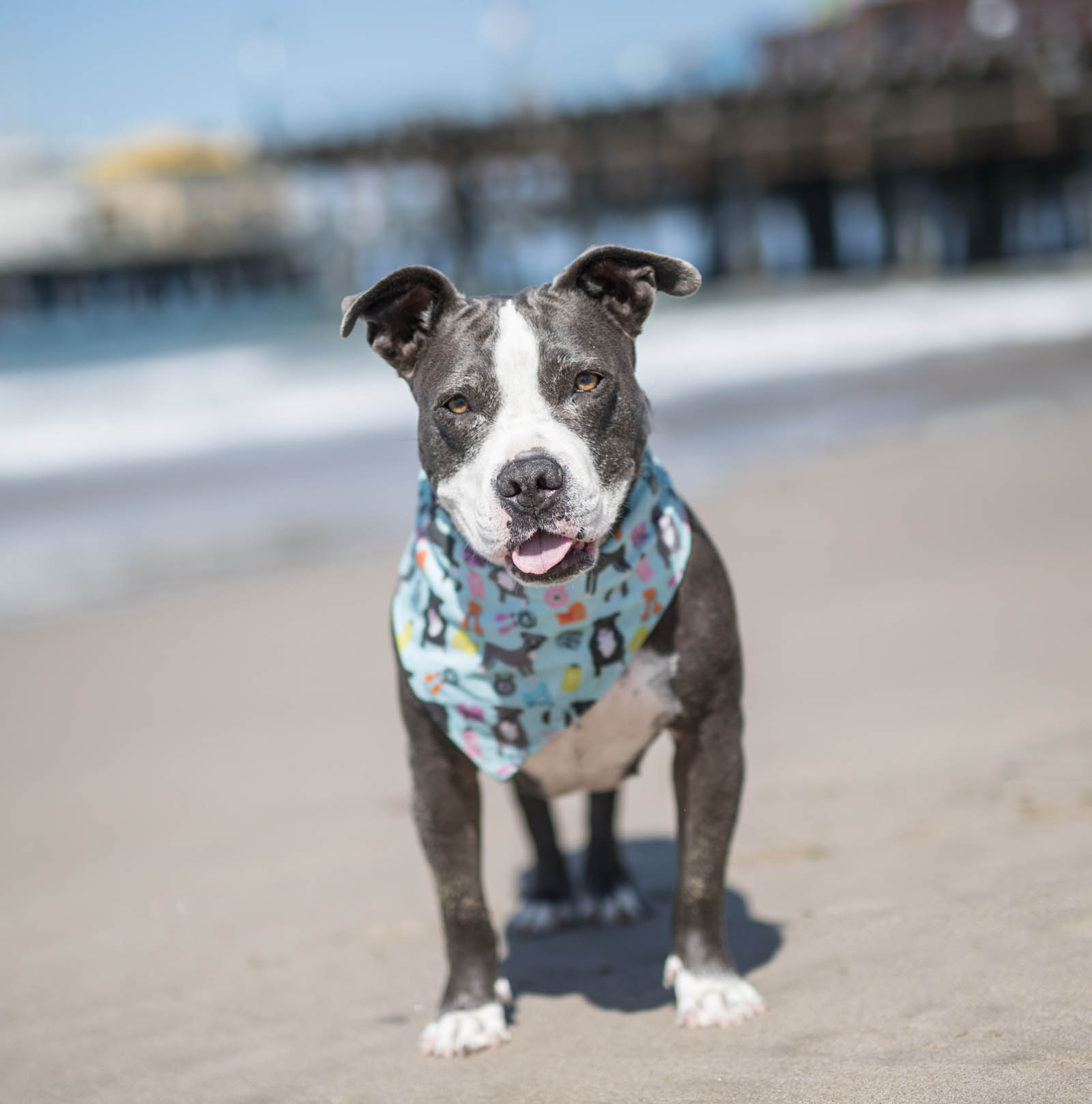Pit Bull
Heroes
49 Underdogs with
Resilience and Heart
Greg Murray
Digital Edition 1.0
Text 2019 Greg Murray
Photography 2019 Greg Murray except a notedotherwise
All rights reserved. No part of this book may bereproduced by any means whatsoever without written permission from thepublisher, except brief portions quoted for purpose of review.
Published by
Gibbs Smith
P.O. Box 667
Layton, Utah 84041
1.800.835.4993 orders
www.gibbs-smith.com
Designed by Rita Sowins / Sowins Design
Library of Congress Cataloging-in-PublicationData
Names: Murray, Greg, author.
Title: Pit bull heroes : 49 underdogs with resilienceand heart / Greg Murray.
Description: First edition. | Layton, Utah : GibbsSmith, [2019]
Identifiers: LCCN 2018058563 | ISBN 9781423650454(ebook)
Subjects: LCSH: Pit bull terriers--Anecdotes.
Classification: LCC SF429.P58 M87 2019 | DDC636.755/9--dc23
LC record available at https://lccn.loc.gov/2018058563
To all the animals in shelters looking for theirforever humans.
More than 4,000 of them are euthanized daily in the USalone. Help bring that number down by adopting, fostering, volunteering,donating, advocating, and educating.
Contents
Foreword
A Love Letter to Good Dogs and Their Defenders
I met Scarlett at the pound in Gary, Indiana. She looked like a dull,brown sack with nothing but bones inside. She didnt have the strength to climb intomy car. So, not knowing the first thing about this sorry-looking dog Id justsprung, I scooped her up and arranged her on the passenger seat. As I pulled out ofthe pot-holed parking lot, I handed her a big, meaty treat. Holding it in her teeth,she glanced at me for a long moment, thenno kiddingshe looked back at thedilapidated building and growled. Good riddance! After a trip to the vet, where shewas diagnosed with severe malnutrition and an incurable type of anemia, I broughther home to my condo on the South Side of Chicago, which I shared with my partner,Matt, our tough little cat, Sushi, and our beloved resident pit bull, Beatrice. Fordays Scarlett recuperated in our guest room, lying beside me as I wrote my doctoraldissertation in social work. Her pressure sores began to heal, she steadily gainedweight, and she learned that she was safe, perhaps for the first time in her life.She became friends with Beatrice, who showed her how civilization worked: You pottyoutside, you play with this ropey-rope, you watch movies on the sofa, and the humanpeople feed you and make a big deal about how cute you are.
Scarlett, like so many of the pit bulls we fostered through ChicagolandBully Breed Rescue, had what seemed an almost supernaturalsensitivity to human feelings. Once, as Scarlett slept on her velveteen dog bed inthe corner of the living room, my sister-in-law began to cry. To our surprise, thisapparently sleeping, terminally ill dog with no reason at all to trust humans leaptonto the sofa beside Mary and gently licked her tears away.
As Scarletts anemia inevitably worsened, Beatrice donated blood andstuck by her tired friend. But in the end, the best we could give her was fourmonths of the good lifefour months that she so totally deserved. Being a part ofwhat Ive begun to call the Pit Bull Movement can break your heart. We have seenacts of abuse and neglect that haunt our dreams. Being a part of this movement meanslooking squarely at the profound, seemingly endless injustice experienced by a groupof dogs that many Americans have written off as monsters. Sometimes it also meansruined carpets or nibbled cell phones, a crate in your kitchen, endless fundraising,weekends spent doing home visits with potential adopters, or educating policedepartments or city governments about the plight of pitties. It often meansdealing with the ignorant and harmful prejudices of people who believe you candetermine the content of a dogs character by the shape of its head or the shine ofits coat.
But being a part of the Pit Bull Movement has also put me in touch withsome of the worlds toughest, kindest peoplefolks who, on a shoestring and out of adeep commitment to making the world better for people and dogs, keep on doing thealmost impossible. They are my heroes. They go into the back rooms of high-killpublic shelters to make gut-wrenching decisions
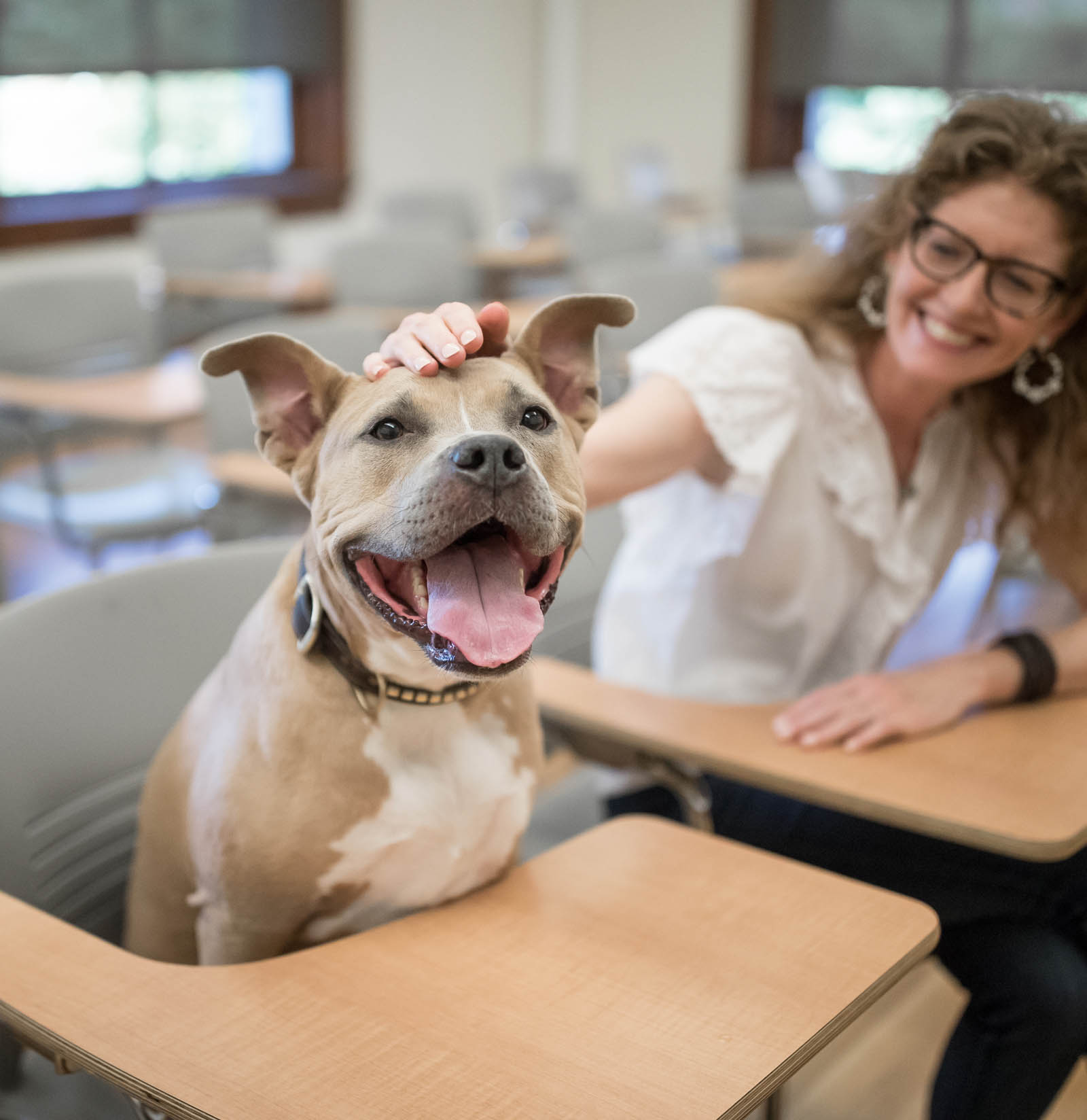
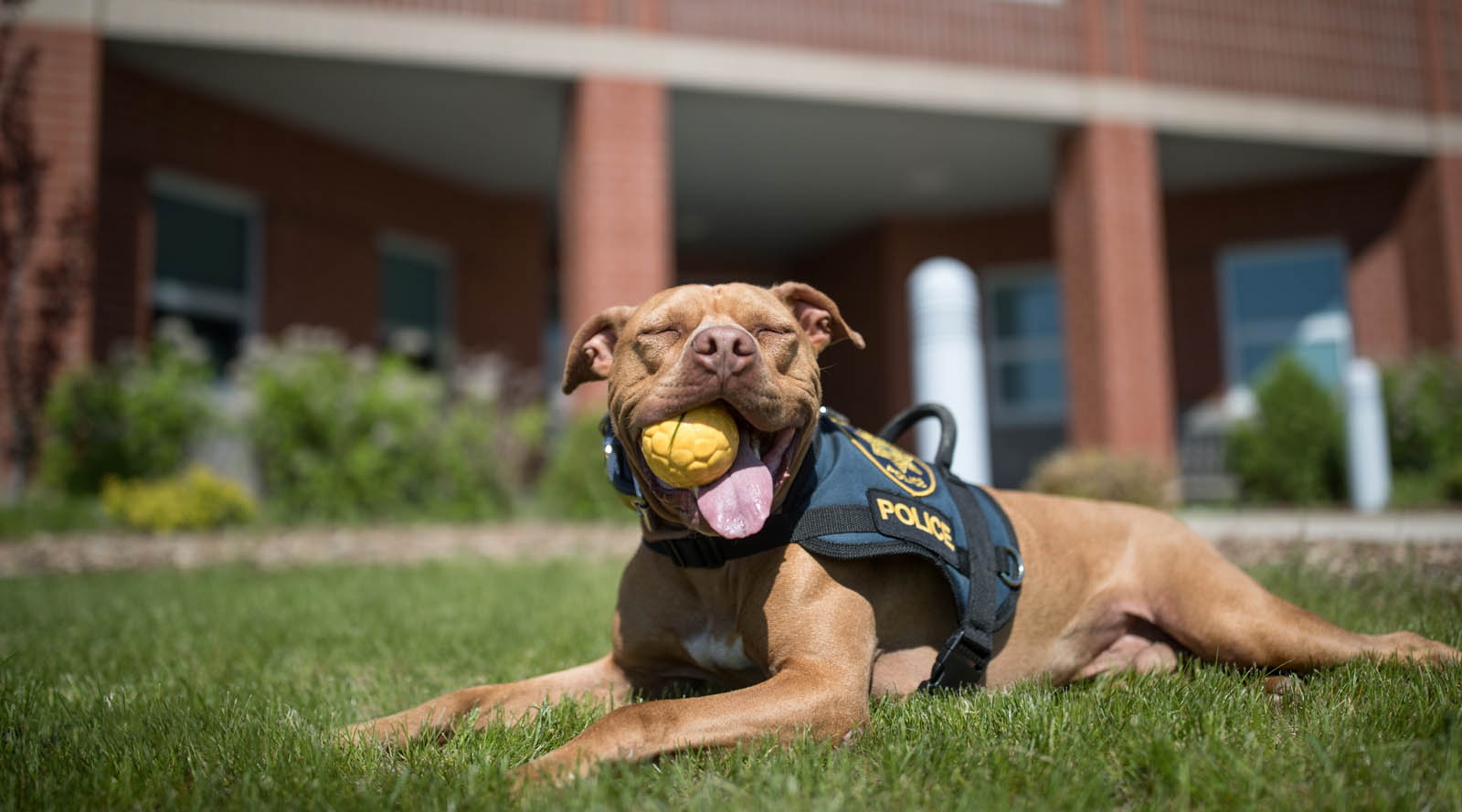
about which lucky pittie will find her way into their one availablefoster home. They deliver donated kibble to dog owners who are homeless and arrangefor their dogs to be spayed or neutered. They meet strangers under the L tracks topick up sick and injured dogs, no questions asked. They comb the terrifying onlinepet-for-sale ads trying to prevent dogs from falling into the hands of dogfighters.They show up at city council meetings all over the country to advocate for just andeffective animal welfare laws rather than ineffective breed-discriminatorylegislation. And they lead by example, through responsible dog ownership and byhelping their own pitties become ambassadors of the breed.
As a social worker, I am part of a profession with a long (ifimperfect) history of fighting for social justice. From my point of view, I canthelp but see the maltreatment of pit bulls and the discrimination against them asbound up with the same social forces that sustain racism and economic injustice. Asscholars like Erin C. Tarver and Bronwen Dickey have shown, pit bulls have becomeassociated with crime, poverty, and people of coloran association that harms bothdogs and people of color by perpetuating a false stereotype that both are dangerous.In reality, pittie owners are people of all races, ethnicities, genders, andsocioeconomic backgrounds. So are the rescuers and advocates working on theirbehalf. Few of the pit bulltype dogs found in Americas shelters have ever beeninvolved in dogfighting, and ongoing research continues to show that pitties inshelters pass temperament testing at higher rates than many other well-loved breeds.Ive come to hear in arguments for breed-specific legislation not-very-subtleracism and classism. Maybe it sounds simple, but I want for pit bulls something Iwant for myself: To be judged by my own actions in the sometimes-difficultcircumstances of my life, to be known without prejudice. The goofy, affectionate,brave, resilient dogs Greg Murray has photographed for this book have been luckyenough to be seen in this way.
So, when I look into the eyes of a pit bull, I dont make assumptions.Instead, I find myself silently asking, Who are you? Show me who you are. Findingout has been one of the great joys of my life.

